Kyrgyzstan ranks on 122nd place out of 189 on human development
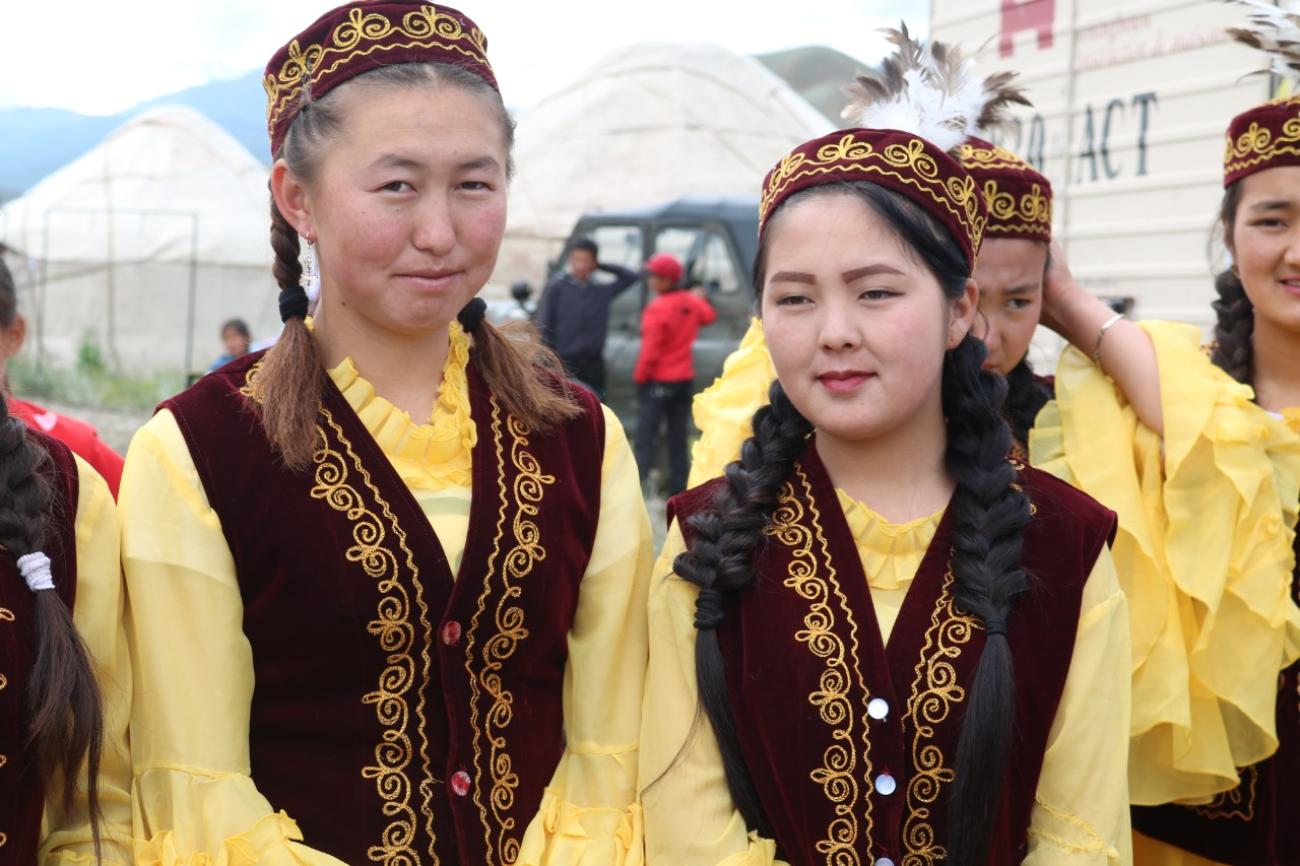
Kyrgyzstan took 122nd place out of 189 countries in terms of human development according to the "Human Development Report - 2019".
Human Development Index Country Rankings
Kyrgyzstan took 122nd place out of 189 countries in terms of human development according to the "Human Development Report - 2019".The authors of the document assess this level of development as "medium". From Central Asian countries, Tajikistan also came into this group (125th place), and from the neighboring countries, India (129th place) and Pakistan (152ndplace). The country with the highest level of human development has become Norway.
The value of the human development index in Kyrgyzstan is 0.674 for 2018. The report presents data on the main components of the index for the country between 1990-2018 :
- HDI increased from 0,618 to 0,674, which represents 9.4% increase;
- Life expectancy increased by 5 years;
- Mean years of schooling increased by 2.3 years;
- Gross national income per capita decreased by 3%.
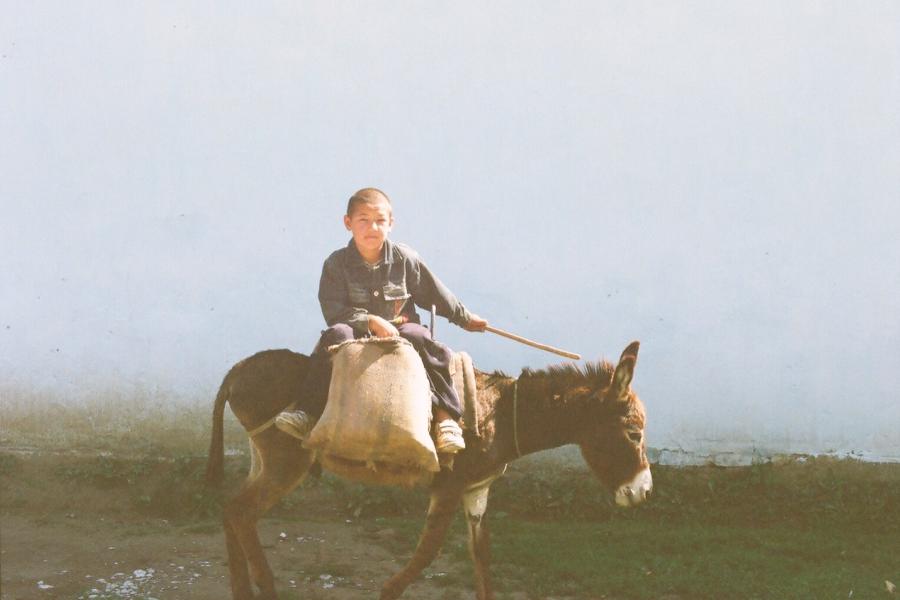
The report included 189 countries, which are grouped as follows:
- Very high level of human development
- High level of human development
- Medium level of human development
- Low level of human development
For comparison, six countries were included in the first group of countries of the former USSR:
- Estonia - 30th place
- Lithuania - 34th place
- Latvia - 39th place
- Russian Federation - 49th place
- Republic of Belarus and Kazakhstan - 50th place.
How was the assessment carried out?
The results of the report are based on three main dimensions of human development: a long and healthy life, knowledge and a decent standard of living. And the human development index (HDI) is based on four components:
- Inequality-adjusted development (IHDI)
- Gender development index (GDI)
- Gender Inequality Index
- Multidimensional poverty index
On 87th place in gender equality
Each of the components presents a picture in the respective areas. For example, the gender inequality index is built based on reproductive health indicators, capacity building and economic activity, which are analyzed by male and female genders.
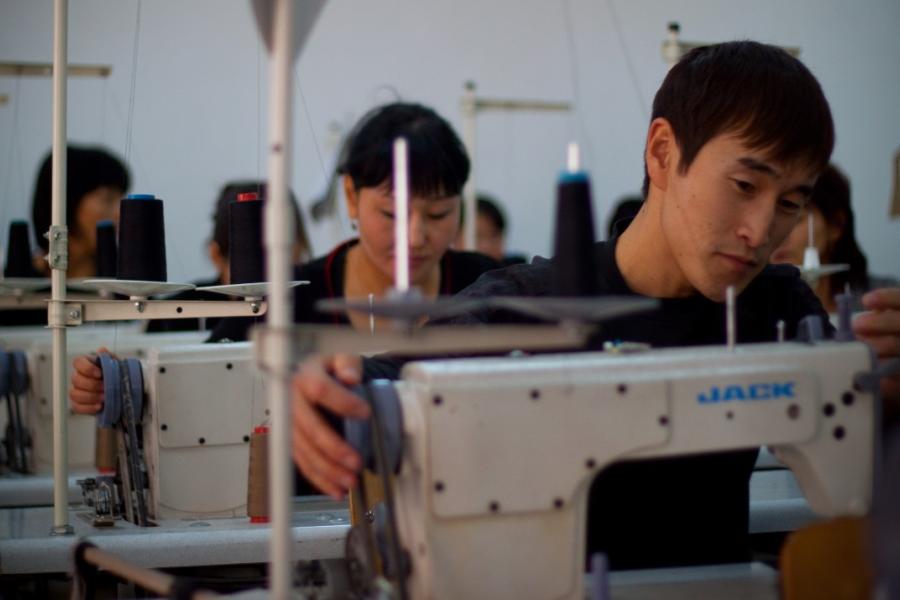
Kyrgyzstan took 87th place out of 162 countries for this indicator with a value of 0.381 for 2018. This indicator considers the following factors:
- In Kyrgyzstan, 98.3% of women have secondary education compared to men (98.3%);
- 19.2% of parliamentary seats are held by women;
- 76 maternal deaths per 100,000 live births;
- 32.8 teenage births per 1000 women aged 15-19 years;
- 48% participation of women in the labor market compared with 75.8% participation of men.
For comparison, neighboring Tajikistan and Uzbekistan are ahead of Kyrgyzstan, gaining 84th and 64th place respectively.
“The wave of demonstrations sweeping across countries is a clear sign that, for all our progress, something in our globalized society is not working. Different triggers are bringing people onto the streets: the cost of a train ticket, the price of petrol, political demands for independence. A connecting thread, though, is deep and rising frustration with inequalities.”
Achim Steiner - UNDP Administrator
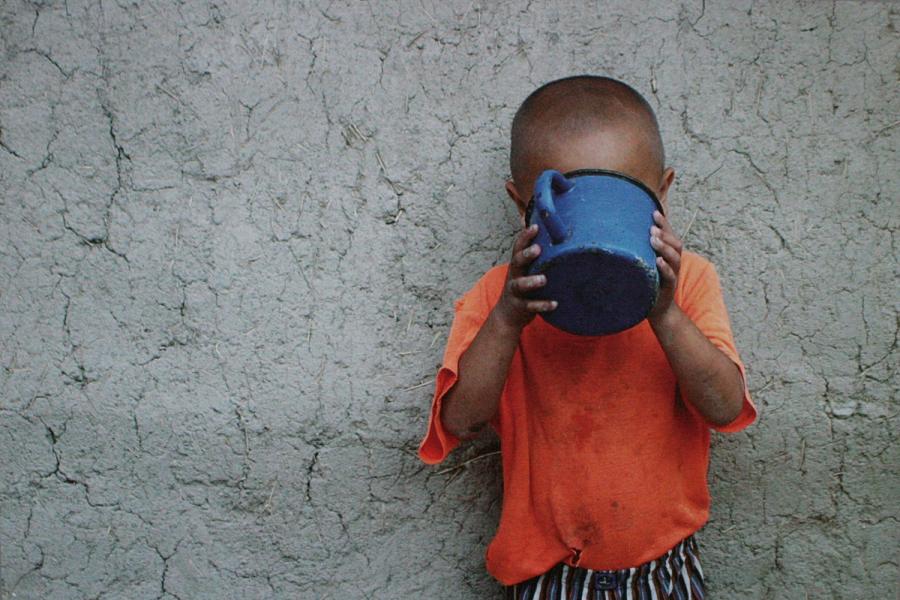
Disproportionate privileges and a new generation of inequalities
The report is prepared with a focus on inequalities which are manifested in human development, income and, welfare, gender equality, in Anthropocene and technology. The authors of the document explain the inequality by the following simple example:
“Inequality in human development is deeper. Let’s consider two children born in 2000: one in a country with a very high level of human development, the other in a country with a low level of human development. The first child has the chance of entering a higher educational institution exceeding 50%. For comparison, this figure is only 3% for the second child.
Unlike the first, the second child is much less likely to survive. About 17 percent of children born in countries with low human development die before the age of 20 years, compared with only 1 percent of children born in countries from the first group. Circumstances, almost completely independent of them, have already determined for them differently and unequal and, most likely, irreversible life. In the same way, inequality has greater value within countries, both developing and developed.”
Authors also mark the appearance of a new wave of inequality. This is a gap in the field of tertiary education and access to broadband—opportunities once considered luxuries that are now considered critical to compete and belong, particularly in a knowledge economy, where an increasing number of young people are educated, connected and stuck with no ladder of choices to move up. According to Achim Steiner, despite the narrowing of the gap in basic living conditions, the set of skills and abilities necessary for competitiveness is changing.
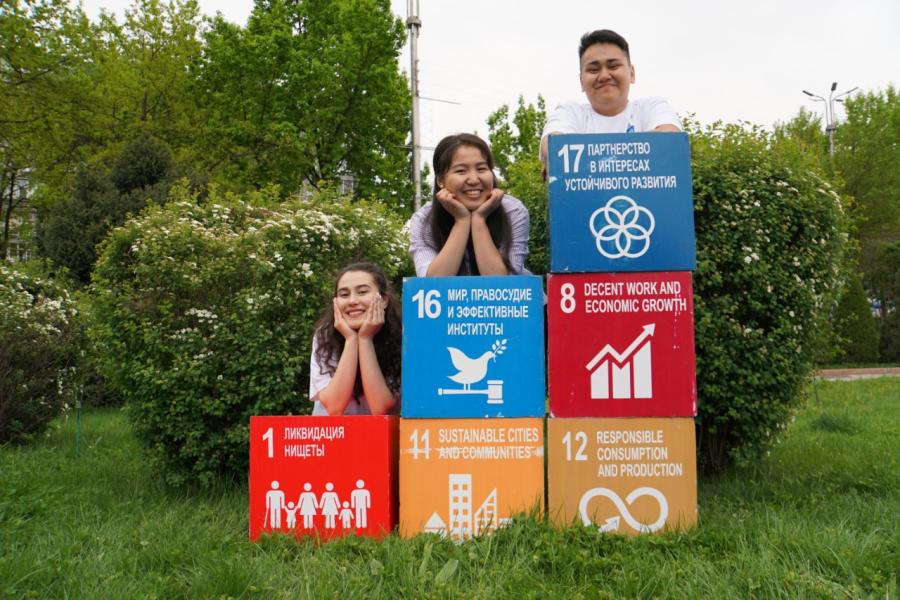
The full version of the report is published in English, however, a brief overview of the document is already available in different languages, including Russian.


















